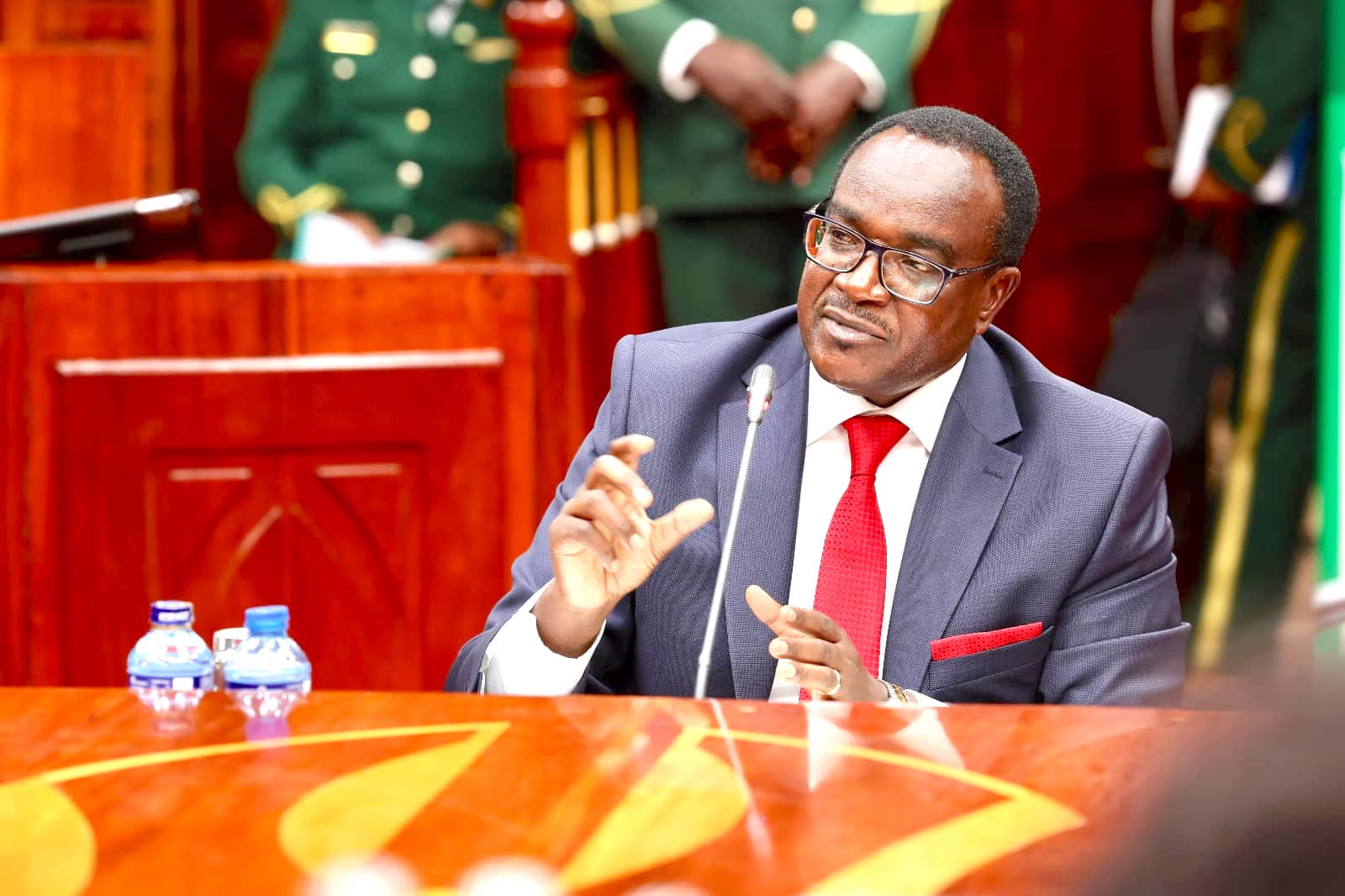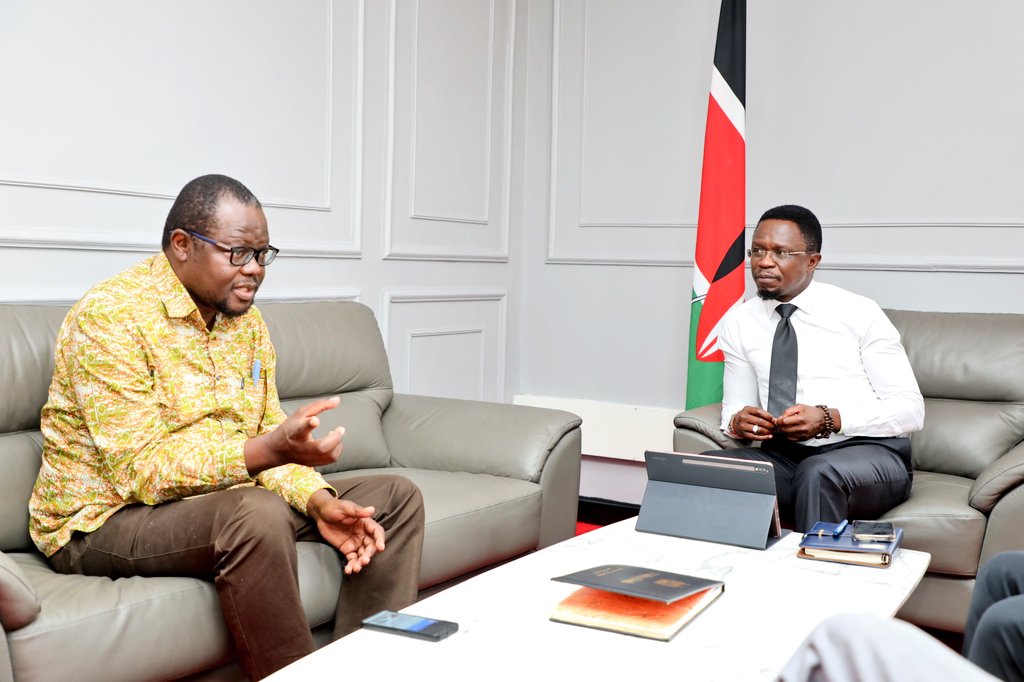By The Weekly Vision Reporter
Members of Parliament on Tuesday put top executives of the Kenya Electricity Generating Company (KenGen) on the spot over questionable recruitment practices, delayed transfer of multi-billion-shilling assets, and the impairment of key energy infrastructure.
Appearing before the National Assembly’s Public Investments Committee on Commercial Affairs and Energy, chaired by Pokot South MP David Pkosing, KenGen’s management was grilled over findings in the Auditor-General’s report covering financial years 2020/21 to 2022/23. MPs raised concerns about possible breaches of the Constitution and internal human resource procedures.
The Auditor-General faulted KenGen for hiring 10 employees, including four graduate engineers, in 2020/21 without advertising the positions, a move that violated both its human resource policy and Article 232(1) of the Constitution, which upholds fairness, openness, and equal opportunity in public appointments.
A similar recruitment method was used in 2021/22 when 28 graduate engineers were hired from the company’s internal human resource database rather than through open competition. “The failure to advertise for the positions contravenes both company policy and the values of public service,” the audit report stated.
KenGen Managing Director Alex Wachira defended the decision, saying the recruitment was necessitated by strict timelines for international drilling projects in Ethiopia and Djibouti. “We were under pressure to mobilise engineers immediately. The contract required quick staffing, and any delay would have led to penalties or reputational damage,” Mr Wachira told MPs.
He explained that the database used contained applications submitted through KenGen’s website, internship programmes, and career centre.
However, committee members questioned the fairness and legality of the process. Pkosing demanded to know which law allowed KenGen to bypass public advertisement, asking: “What gives you the authority to pick candidates from a database instead of advertising openly? Does this meet the fairness test under Article 232?”
Ganze MP Kenneth Tungule condemned the practice, terming it “unfair and exclusionary”. “That policy is very wrong. It locks out many qualified Kenyans who have no idea that such a database exists,” he said. “It only opens room for nepotism. Advertising would not have taken long to attract competent candidates.”





